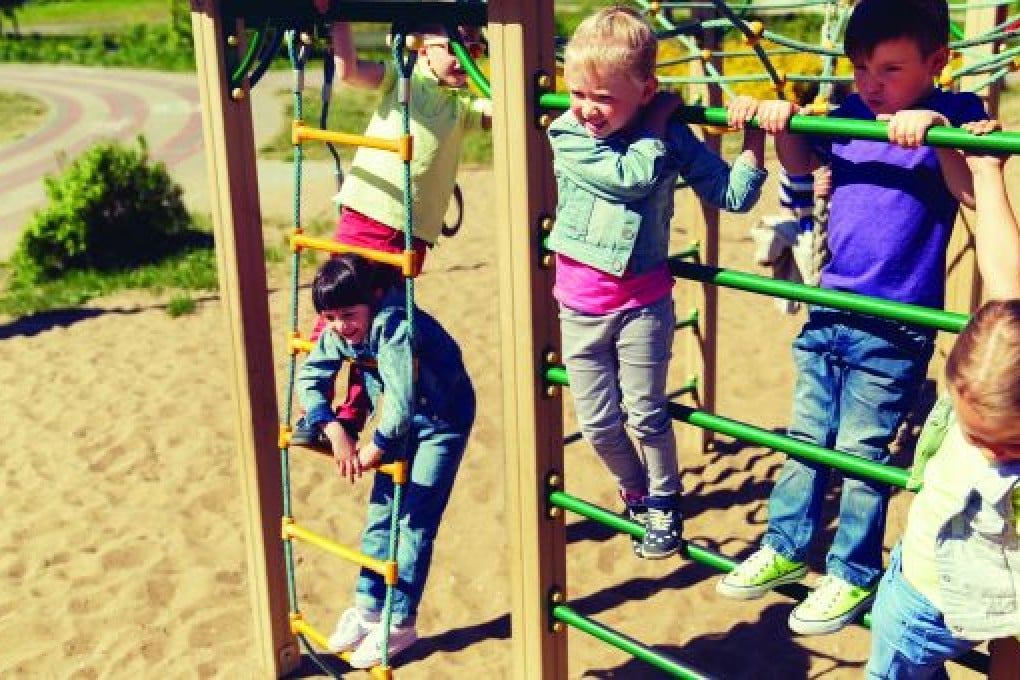Playing for keeps
Is "playgroup" a dirty word for parents in Hong Kong? Playgroups have been criticised in the mainstream media, and on social media, for putting too much pressure on young children.

Is "playgroup" a dirty word for parents in Hong Kong? Playgroups have been criticised in the mainstream media, and on social media, for putting too much pressure on young children. The criticisms are set within the bigger narrative of "let children be children", an idea which is itself a response to our highly competitive education system, and its "portfolio culture". So, what role should playgroups play in a child's development?
Play is an essential aspect of a child's life. According to the American Academy of Pediatrics, it contributes to social, emotional, cognitive and physical development and improves social skills, communication and problem-solving abilities. Play also gives parents a great opportunity to bond with their kids.
A playgroup is supposed to be a group of young children, along with their parents or carers, coming together for structured or open-ended play. It's not necessary for them to be organised by private or public institutions, but, parents frequently send their kids to these organised playgroups for a fee.
There are many socio-economic reasons for the popularity of fee-charging playgroups. Firstly, over 50 per cent of Hong Kong families have both parents working outside of the home. According to 2014 Census and Statistics Department figures, 53.7 per cent of married women in Hong Kong participate in the workforce. So child-minding duties are usually carried out by grandparents or domestic helpers during the week, due to the shortage of day-care centres.
As such, fee-charging playgroups provide working parents with the assurance that their children are in a secure communal environment. The proliferation of fee-paying playgroups offers a convenient paper trail of the child's activities, and also highlights a cultural issue in which the education system rewards the quantification of a child's development.
Kindergartens often require children to participate in individual and group interviews, for which playgroups provide excellent preparation. It is also common to be asked to submit a record of the child's academic and extra-curricular activities at the kindergarten during application for primary school places. This is especially true for fee-paying schools, and top tier government-subsidised schools, which have a quota of discretionary school places open to students from all catchment areas.
